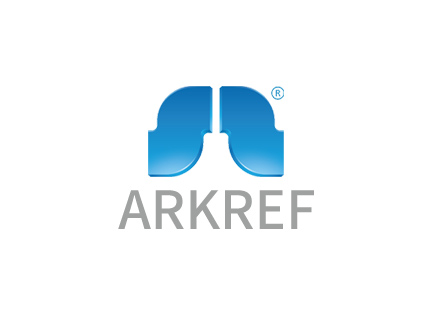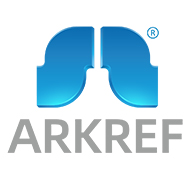How Does a Blast Chiller Work in Food Safety
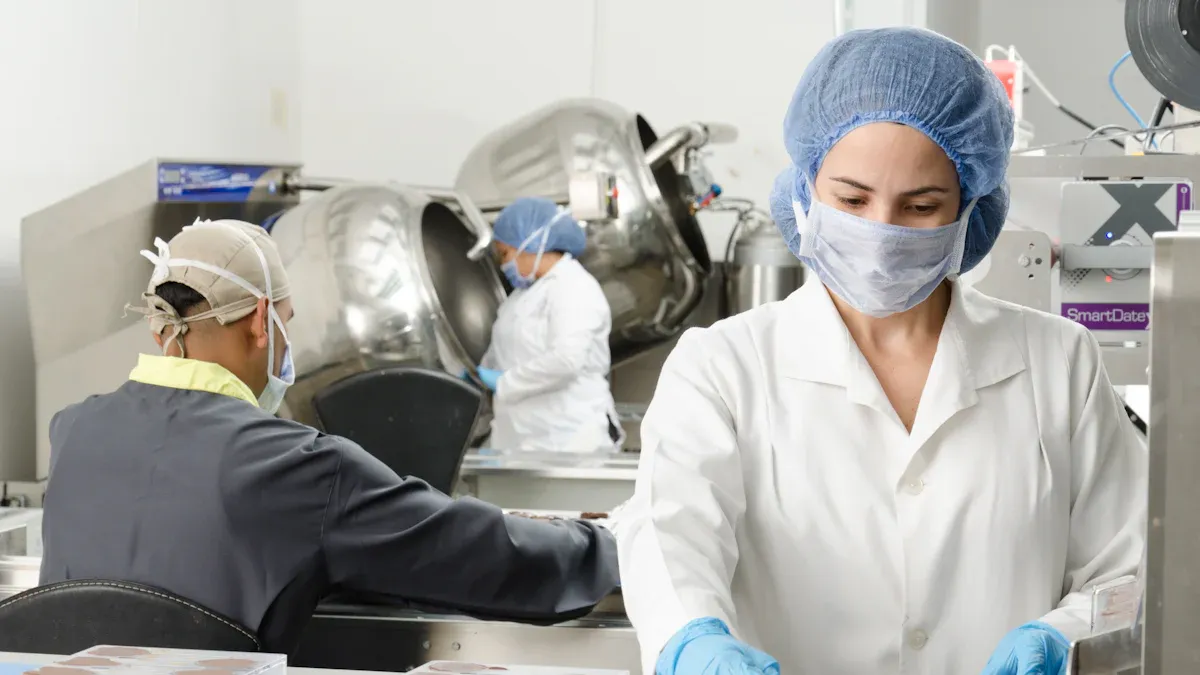
You protect food from harmful bacteria when you use a blast chiller to cool it quickly. Food safety experts warn that improper cooling causes many outbreaks:
9.4% to 10.9% of foodborne illness outbreaks link to poor cooling.
Over 500 outbreaks happened in U.S. restaurants between 1998 and 2008.
Key Takeaways
Blast chillers make food cold fast. This keeps food safe from bacteria. Food leaves the danger zone quickly.
Blast chillers help food keep its flavor. They also keep food’s texture and nutrients. Meals stay fresh and safe to eat.
Cleaning blast chillers often is important. Taking care of them helps keep food safe. It also makes sure they work well.
Blast Chiller Overview
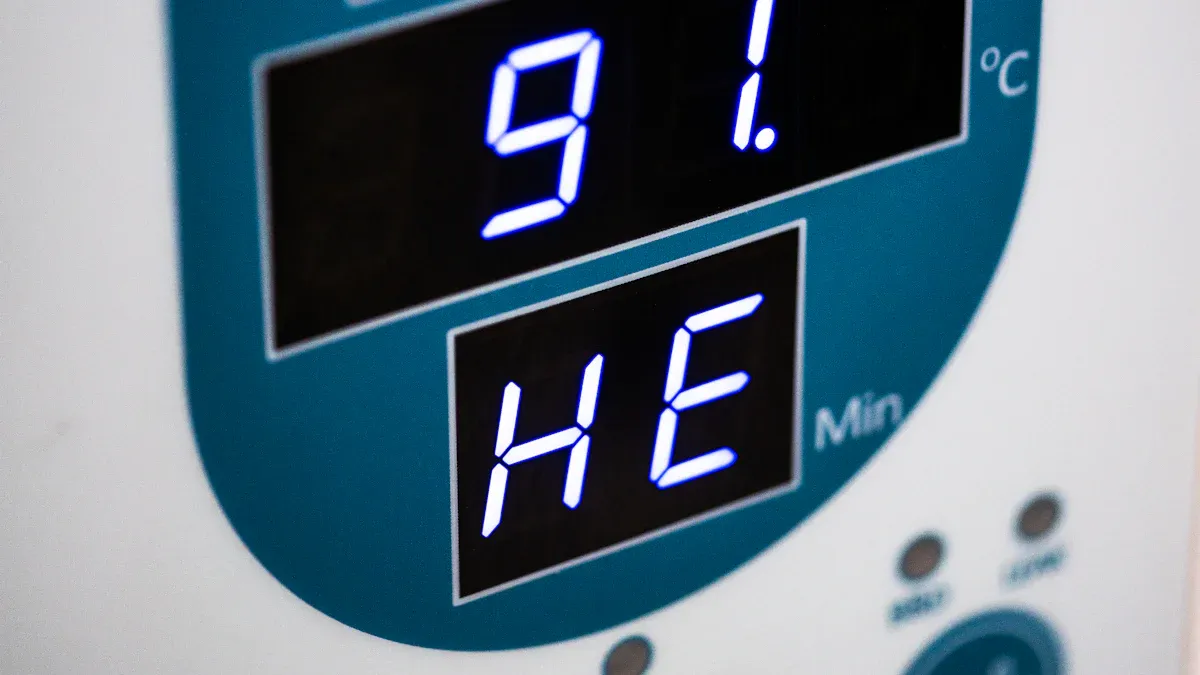
What Is a Blast Chiller
You use a blast chiller to cool hot food quickly and safely. This machine works in commercial kitchens to protect food from bacteria. When you finish cooking, you need to lower the temperature fast. A blast chiller moves food through the danger zone, which keeps it safe for customers. You can rely on this technology for bulk prep, especially when you need to prepare large batches of food ahead of time.
A blast chiller uses powerful fans to blow cold air over food. This process drops the temperature from above 135°F to below 41°F in less than 90 minutes. The rapid cooling helps you keep food fresh and safe. You can use a blast chiller for soups, sauces, meats, and desserts. It supports bulk prep by letting you cook in advance and store food until you need it.
Tip: Using a blast chiller for bulk prep saves time and helps you follow food safety rules.
Here is a comparison of temperature ranges:
Appliance Type | Typical Temperature Range |
|---|---|
Blast Chiller | -40 °F to 38 °F |
Standard Refrigerator | Typically above 32 °F (0 °C) |
Blast Freezers
Blast freezers work like blast chillers but freeze food instead of just cooling it. You use blast freezers when you want to store food for a long time. They drop the temperature below freezing very quickly. This method stops bacteria and keeps food safe for months. Blast chillers are better for short-term storage and bulk prep, while blast freezers help you preserve food for future use.
Blast chillers cool food to just above freezing for short-term storage and bulk prep.
Blast freezers freeze food for long-term storage.
You can choose the right equipment based on how you plan to use your food. Both machines help you keep food safe and support efficient bulk prep in busy kitchens.
How Does It Work
Rapid Cooling Process
A blast chiller cools hot food very fast to keep it safe. The machine has strong fans and compressors. These blow cold air over the food quickly. This cold air drops the temperature fast. You can see how each part works in the table below:
Phase/Component | Description |
|---|---|
Cooling Phase | First, the surface of the food cools quickly. |
Freezing Phase | Next, the food gets even colder and freezes. |
High Power Fans | Fans push cold air around the food fast. |
Powerful Compressors | Compressors help make the air cold. |
Heat Exchangers | These move heat away for better cooling. |
Control Systems | Controls keep the cooling process working right. |
When you put hot food in the blast chiller, cold air blows over it. This pulls heat away from the food’s surface. The food cools from 160°F to 41°F in less than 90 minutes. You can see how fast this happens in the table below:
Temperature Reduction | Time Required |
|---|---|
160°F to 41°F | under 90 minutes |
Note: Regular refrigerators cannot cool food this quickly. Studies show walk-in refrigerators often do not meet FDA rules, but blast chillers do. Using a blast chiller helps keep customers safe from foodborne illness.
The cold air does more than just cool food. It stops big ice crystals from forming. Big ice crystals can hurt the food’s texture. The food keeps its moisture and stays good.
Cold air blows over food to lower the temperature fast.
This stops big ice crystals from forming, which can hurt food.
Fast cooling helps keep food moist and keeps its texture and taste.
Blast Freezing
Blast freezing is used when you want to store food longer. It drops the temperature below freezing very fast. This works better than slow freezing. Blast freezing makes tiny ice crystals inside the food. Small crystals do not break the food’s cells, so the food keeps its texture and flavor.
Principle/Mechanism | Description |
|---|---|
Rapid Cooling | Makes small ice crystals, keeping food’s texture and taste. |
Recrystallization | This process affects the size of ice crystals. |
Blast freezing helps keep food fresh. Slow freezing makes big ice crystals that break cell walls. This makes food mushy and less tasty. Blast freezing stops this from happening.
Fast freezing in blast freezing stops big ice crystals, so food keeps its texture and taste.
Slow freezing makes big ice crystals that hurt food cells, making food mushy and less tasty.
Blast freezing makes tiny ice crystals, which do less harm and keep food good.
Slow freezing can make food dry after thawing because big ice crystals break cell walls.
Old freezing methods are slow. They make big ice crystals that hurt food texture and raise enzyme activity. Blast freezing uses fast freezing to make small ice crystals. This means less damage and better food quality.
You need to take care of your blast chiller to keep food safe. Clean the inside and outside often. Watch the temperature and defrost when needed. Check the door seals and hinges for problems. Get a professional to check and fix hidden issues.
Tip: Cleaning and checking your blast chiller often helps it work well and keeps food safe.
When you ask "how does it work," you see that blast chillers and blast freezing use smart technology to cool and freeze food fast. This helps keep food safe and good every time you use these machines.
Food Safety
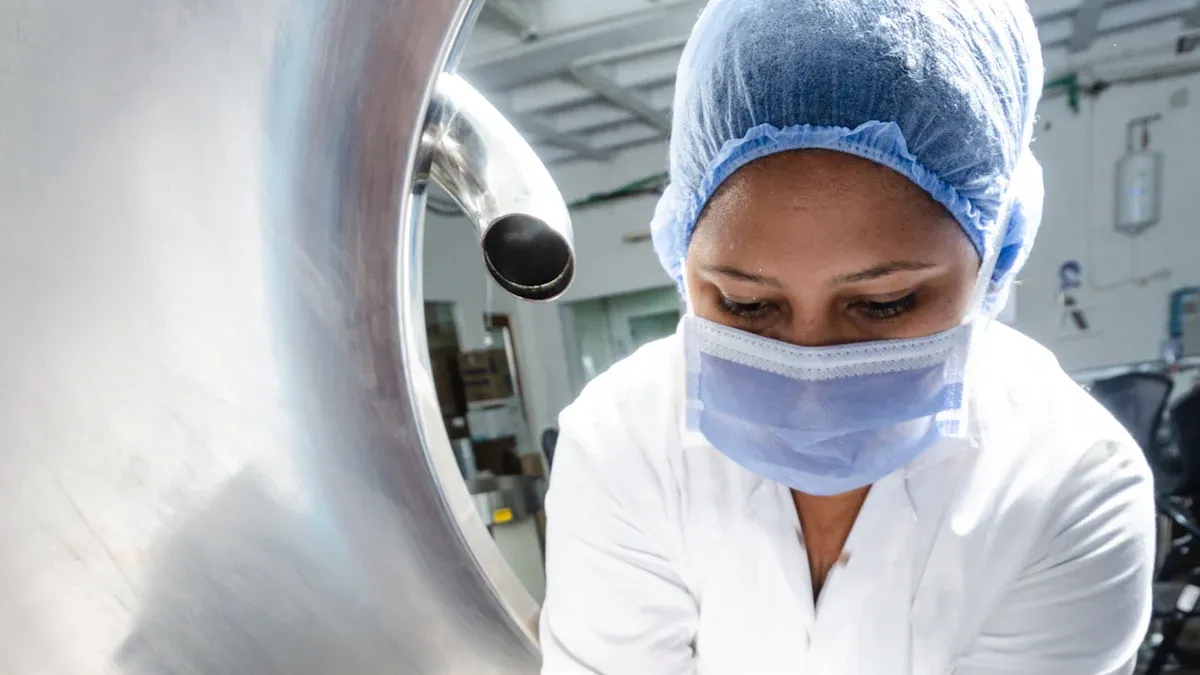
Preventing Bacterial Growth
You keep customers safe when you cool food fast with a blast chiller. Bacteria grow best between 40°F and 140°F. This is called the danger zone. If food stays in this range for over two hours, it can make people sick. Bacteria like Salmonella, E. coli, Listeria, and Campylobacter can grow in meat, poultry, seafood, eggs, and dairy.
Food safety groups say not to keep food in this range.
The longer food is in the danger zone, the more likely it gets contaminated.
Blast chillers cool food quickly to move it out of the danger zone. You can chill cooked food from 160°F to 41°F in under 90 minutes. This stops bacteria from growing and keeps food safe. Using a blast chiller helps food stay fresh and keeps nutrients. You also waste less food because it stays safe longer.
Tip: Split big batches into smaller pieces before chilling. This helps the blast chiller cool everything evenly and fast.
Danger Zone
You need to know about the danger zone to keep food safe. The danger zone is where bacteria grow fast. Blast chillers help by cooling food quickly. You follow food safety rules when you use blast chillers.
Here is a table showing what the rules say about cooling:
Regulation/Standard | Requirement | Description |
|---|---|---|
Temperature Reduction | Cool food from 140°F to 70°F in 2 hours, then to 40°F in 4 hours (max 6 hrs) | |
Food Hygiene Regulations | Use of Blast Chillers | Needed to follow rules and stop bacteria growth |
Blast chillers help you follow HACCP and FDA Food Code rules. These rules say you must cool food from 140°F to 41°F in six hours. Regular fridges cannot do this. Blast chillers use strong fans and special cooling to chill food fast. This makes blast chillers important in busy kitchens.
You get more benefits with blast chillers than with regular cooling. Here is a table that shows the differences:
Benefit | Blast Chillers | Traditional Cooling Methods |
|---|---|---|
Cooling Speed | Cools or freezes food fast | Slower cooling |
Nutrient Retention | Keeps food fresh and healthy | Not as good at saving nutrients |
Bacterial Growth Prevention | Stops bacteria from growing fast | May not stop bacteria well |
Shelf Life Extension | Makes food last much longer | Food does not last as long |
Blast chillers help food last longer and keep its quality. You give customers fresh food and your kitchen works better. You also throw away less food because it stays safe and fresh.
Note: Always cool your blast chiller before putting food in. Clean it often and do not put in too much food at once to keep food safe.
Blast chillers help you feel sure about food safety. You keep food out of the danger zone, follow the rules, and serve safe, tasty meals every day.
You keep food safe by using a blast chiller. Fast cooling moves food out of the danger zone. This stops bacteria from growing. Blast chillers give you important benefits:
Food lasts longer and you throw away less.
Food keeps its taste, texture, and nutrients.
You can follow food safety rules more easily.
Your kitchen works faster and better.
FAQ
How often should you clean a blast chiller?
You should clean your blast chiller every day. This keeps food safe and prevents bacteria from growing inside the machine.
Can you put hot food directly into a blast chiller?
Yes, you can place hot food straight into a blast chiller. This helps you cool food quickly and keeps it out of the danger zone.
What types of food work best in a blast chiller?
You can chill soups, meats, sauces, and desserts.
Blast chillers work well for any cooked food that needs fast cooling.
See Also
The Role of Cold Storage in Preventing Food Contamination
Essential Tips for Quick Freezing Compressors in Food Prep
Benefits of Utilizing Blast Freezers for Seafood Preservation
